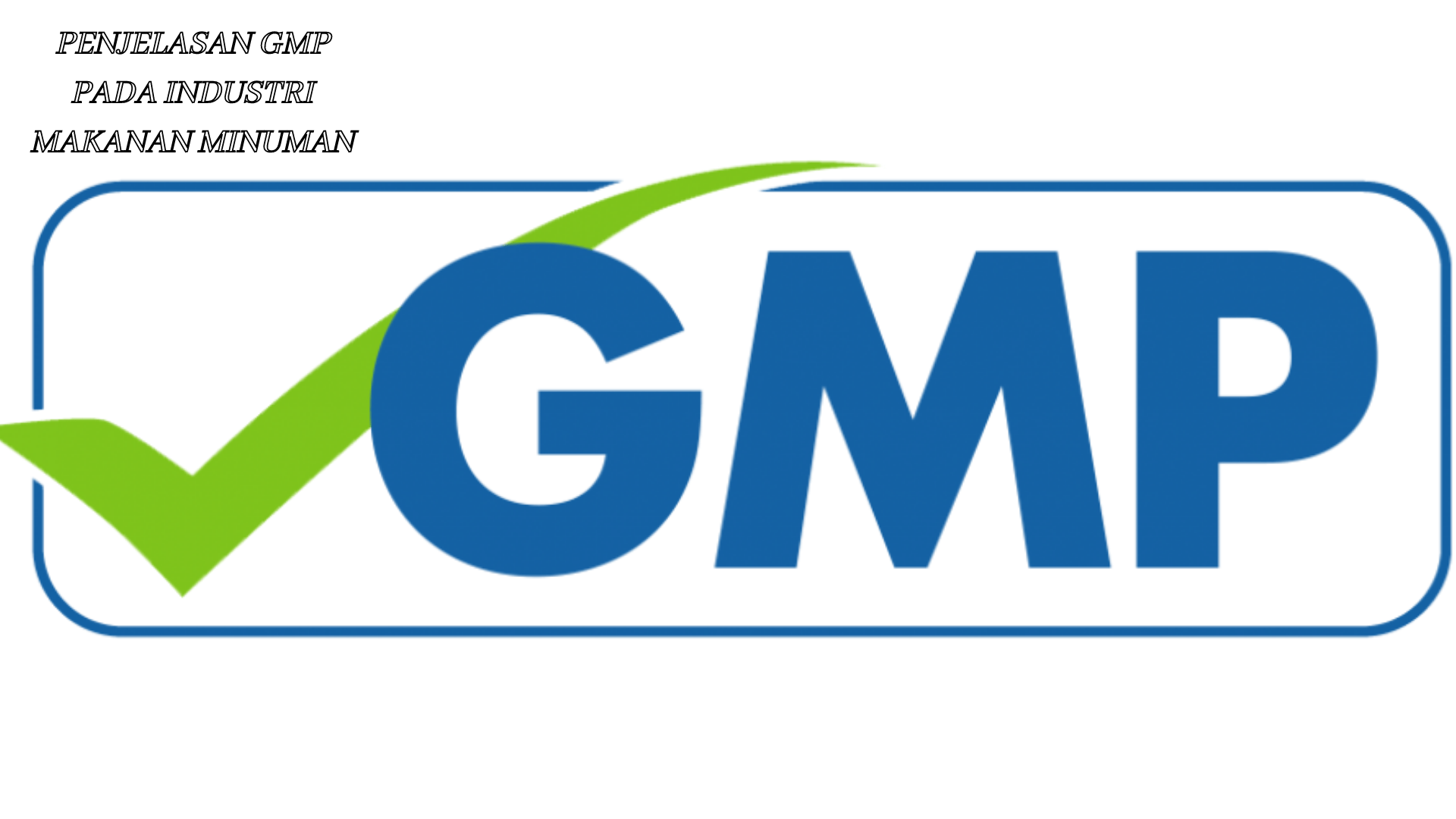Rancakmedia.com – Berikut ini merupakan penjelasan secara lengkap mengenai pengertian GMP industri makanan dan minuman dilengkapi juga dengan tujuan keuntungan dan standarnya, simak info lebih lengkapnya dengan baca informasi yang sudah kami sediakan dibawah ini.
Good Manufacturing Practices atau yang biasa disebut GMP sudah diatur oleh dinas kesehatan pemerintah. Peraturan tersebut tertuang dalam Keputusan Menteri Kesehatan Republik Indonesia Nomor 23/MEN.KES/SKJI/1978. Ini telah dengan hati-hati menetapkan pedoman untuk metode produksi pangan yang baik (CPMB).
Meskipun diatur oleh pemerintah, sangat tidak biasa bagi pemilik perusahaan makanan dan minuman, terutama yang berkaitan dengan usaha mikro, untuk mengabaikan GMP. Sangat bagus untuk mengetahui tentang GMP bagi Anda yang saat ini sedang mendirikan atau menjalankan perusahaan kuliner.
Pengertian GMP Industri
GMP adalah pedoman atau proses pengelolaan dan teknik berfungsinya sesuai dengan kebutuhan suatu bangsa dalam bentuk proses menghasilkan produk yang kemudian dijual di pasar. Produk akhir harus memenuhi kriteria saat ini, atau setidaknya mendekatinya. GMP disebut CPB atau Cara Produksi yang Baik dalam bahasa Indonesia. CPB sendiri, tergantung produksinya, memiliki macam-macam, yaitu:
- Praktik manufaktur yang baik disebut sebagai standar GMP untuk produksi produk farmasi.
- Standar GMP untuk makanan atau masakan disebut sebagai CPMB atau Good Food Manufacturing Practices.
- Standar GMP yang mengatur produksi kosmetik dikenal sebagai CPKB atau Good Manufacturing Practices.
- CPOTB atau cara pembuatan obat tradisional yang baik adalah standar GMP yang mengatur produksi obat tradisional (obat herbal).
Dalam esai ini, kita akan mengkaji Standar GMP, yang mengatur produksi di sektor kuliner, CPMB. Pengusaha kuliner akan memiliki pedoman pengaturan pengelolaannya untuk mengatur produk kuliner yang terjamin kualitasnya dengan mengikuti prosedur CPMB.
Dari temuan di atas, definisi GMP berbasis CPMB adalah pedoman yang mengatur bagaimana makanan dan minuman diproduksi agar sesuai dengan konsumsi konsumen. CPMB memuat penjelasan yang berbeda untuk standar minimum dan manajemen umum komponen makanan, mulai dari bahan mentah hingga produk akhir yang layak konsumsi, sepanjang proses produksi dan minuman.

Tujuan dan Keuntungan GMP
Mengapa perusahaan harus mengikuti prosedur CPMB? Karena bagi konsumen, produsen dan pemerintah memberikan banyak fungsi dan manfaat. Tujuan dan manfaat konsumen adalah:
- Keamanan konsumen
Aturan yang dibuat harus mendapat persetujuan dari pihak-pihak yang terlibat. Keamanan konsumen dengan demikian akan terjamin saat memakan barang atau minuman ini. - Meningkatkan wawasan dan pengetahuan produk
Konsumen pasti memiliki hak untuk mengetahui produk yang mereka konsumsi secara detail. Konsumen cukup mengetahui informasi apapun dengan mengikuti CPMB. Misalnya komposisi makanan, tanggal produksi, tanggal kadaluwarsa dan informasi lainnya.
Sementara itu, tujuan dan manfaat produsen adalah:
- Pertahankan pangsa pasar
Seperti diketahui, komersialisasi terbaik di dunia adalah laporan dari konsumen yang mencoba barang tersebut. CPMB membantu bisnis membuat kesan yang baik pada konsumen untuk melindungi pangsa pasar mereka. Karena jika konsumen tidak puas dan memberitahu pasar, maka hal ini tentunya akan merugikan pangsa pasar.
- Bangun dan pertahankan kepercayaan klien
Konsumen yang merasakan manfaat dari produk makanan dan minuman yang diproduksi tentunya akan membangun kepercayaan konsumen dan tidak akan ragu untuk terus menggunakan produk perusahaan.
- Mencapai tujuan perusahaan
Apapun tujuan perusahaan didirikan, salah satunya tentu saja untuk menumbuhkan pendapatan dan keuntungan. Jika perusahaan memperoleh kepercayaan pelanggan, tidak sulit bagi perusahaan untuk mencapai tujuannya secara sederhana.
- Mengurangi biaya operasional
Prosedur yang mengatur produksi makanan dan minuman dapat membantu bisnis dalam mengurangi biaya yang tidak perlu. Perusahaan dapat mengurangi biaya yang tidak termasuk dalam CPMB.
- Dukung implementasi CPMB yang tepat
Perusahaan yang menganut CPMB secara tidak langsung mendukung CPMB. Ini bisa menjadi contoh bagi perusahaan lain untuk menggunakan CPMB dalam proses produksinya.
CPMB juga memiliki tujuan dan manfaat tersendiri bagi pemerintah Indonesia, yaitu:
- Melindungi konsumen dari kerugian akibat konsumsi makanan dan minuman yang tidak tepat. Pemerintah dianggap memiliki kewajiban untuk melindungi warganya. Melalui CPMB ini, tanggung jawab pemerintah terpenuhi. Kualitas makanan dan minuman yang beredar harus terjamin.
- Memberikan kepercayaan masyarakat bahwa makanan dan minuman yang dibagikan layak untuk dikonsumsi. Orang pasti tidak akan ragu untuk menyantap makanan dan minuman yang ada di pasaran. Hal ini tentunya juga akan meningkatkan pendapatan pemerintah.
- Memberikan informasi atau pelatihan kepada masyarakat di bidang industri makanan dan minuman. Secara tidak langsung, pemerintah membantu mengedukasi masyarakat tentang makanan dan minuman yang beredar di pasar. Bahan mana yang aman, metode pengemasan mana yang sesuai, informasi apa yang harus diberikan dan sebagainya.


